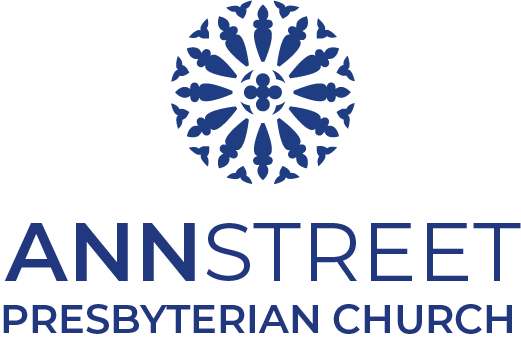Day 20: 2 Timothy Recap
We have made it through the entire book of 2 Timothy - nice work! Today, let’s try something a bit different - why not read the entire book in one sitting? It will take around 8 minutes.
As you read, try and identify things that jump out at you, and recall what you’ve looked at so far in the book. By the end - have one thing in your mind as a take-away. Below is a way to break the book into sections.
The theme of the book is perseverance in the gospel.
1. Introduction (1:1-2)
2. Paul’s Example and Call
a) Encouraged by his faith (1:3-5)
b) ‘Join with me in suffering’ #1 (1:6-14)
c) Examples (Good and Bad) (1:15-18)
3. Appeal to Timothy
a) ‘Join me in suffering’ #2 (2:1-7)
b) Remember Jesus and suffer for His elect (2:8-13)
4. Dealing with False Teachers
a) Stick with the Word (2:14-19)
b) Do good and avoid arguments (2:20-26)
c) People of the Last Days (3:1-9)
5. Final Appeal
a) Paul’s Example (3:10-13)
b) Stick with Scripture (3:14-17)
c) ‘Preach the Word’ (4:1-5)
d) Reward at the end (4:6-8)
6. Perseverance in Action (4:9-22)
Today’s Prayer Suggestion:
Spend some time praying about the things that stood out to you as you read through 2 Timothy today.


